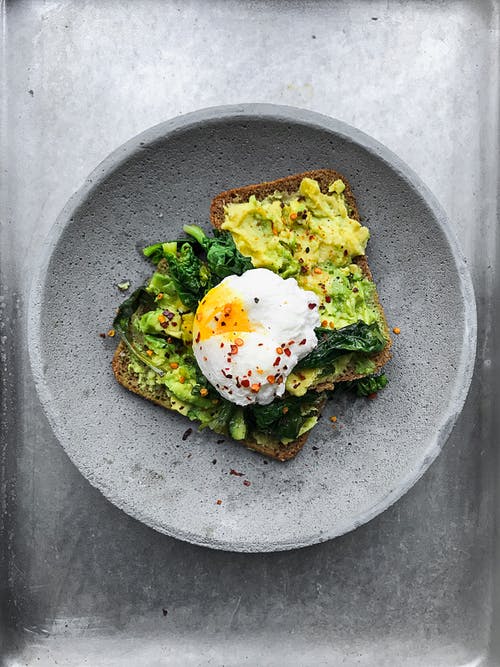
It is interesting how, over time, the most commonly asked questions in health and fitness are the same. How do you lose weight is one of those continuing questions. There are many paths to losing weight (and we are probably talking about body (subcutaneous) fat more than just weight alone) and you can drown yourself in the options. But why do that to yourself and overcomplicate things.
Answer
The answer is less calories in and more calories out. PLUS better eating habits in order to continue to keep and maintain the fat loss and a healthy body. No fancy x, y or z. **Eat less and be active.
Revisiting the Benefits of An Active Lifestyle
Living an active lifestyle is the key not only to being healthy but also in keeping the body functioning at an optimal level. Choosing good quality food choices and some supplements, will optimize the overall health of the body even more and improve your quality of life.
Just a reminder of some of the benefits of being active, according to https://www.betterhealth.vic.gov.au/ :
- reduce your risk of a heart attack
- manage your weight better
- have a lower blood cholesterol level
- lower the risk of type 2 diabetes and some cancers
- have lower blood pressure
- have stronger bones, muscles, and joints and lower risk of developing osteoporosis
- lower your risk of falls
- recover better from periods of hospitalization or bed rest
- feel better – with more energy, a better mood, feel more relaxed, and sleep better.
Eating mindfully habits
So back to the answer of less calories in and more calories out (used by being active). A good practice to have overall is to live mindfully. When you live mindfully you are aware of how you care for your body, how you eat, how you sleep, how much you are or aren’t active simply by paying to yourself in all manners.
So here is a list of some eating mindfully habits:
- Every morning check-in with your body and mind. What is your emotional state and physical state? Does the body feel good, tired, etc.? Is the refreshed, unmotivated, etc.? Maybe you need to jot these answers down in a mindfulness journal (like a note in your phone). So it is easier to keep up with the data.
- Pay attention to what you choose to eat and drink and how many times you eat, on this day after you check in with yourself.
- What are your food choices, do you eat for taste and/or do you eat things that are good for the body.
- Did you not eat at all or very much?
- Is it caffeine all day?
- Did you taste your food at all?
- Do you eat slowly?
- Are your meals hot or cold?
- What are the portion sizes?
- Do you eat on a plate or out of containers?
- Did you buy fast food?
- Do you plan your daily meals?
- Check-in with your posture while eating? Do you sit upright (which is better for digestion)?
- Did you sit down or stand while you ate?
- Do you take vitamins or supplements?
- At what times do you eat and drink?
- Are your meals and drinks satisfying?
- Do you feel good after you eat?
- Are your meals and drinks satisfying?
- Do you eat with devices on or off?
- Do you eat alone or with people?
- What liquids do you drink daily?
- Do you eat differently if you eat with people?
- Do you have an emotional reaction during and after eating?
Conclusion
If you want to also keep a record of activity, you can go about it the same way or use a smartwatch to help with collecting that data. There are a lot of Fitbit watches that connect to Trainerize, our online fitness content provider, just make a quick online search.
The Fitbit sense seems to have the most health data bells and whistles. I personally have a Withings Hybrid Smartwatch, which also connects to Trainerize. The difference is it looks like a nice watch yet not all the bells and whistles.
There will be a lot of data but in order to change or improve your living/eating mindfully habits, you have to know what to change. So as a practice, let’s say only keep up with logging for a week or so, maybe 2. So you can learn your habits and see where the disconnects happen or bad food habits appear, in order to make positive changes to your health. Eventually, this will be an internal practice and not a written one.
We should all have a healthy relationship with our food. Eating mindfully allows us to learn so much about this relationship and make changes wherever change is required.
Here’s to a new you!
If you need further nutrition or activity assistance, whether online or in person, email [email protected].
Thank you for reading,
Coach Tanya



